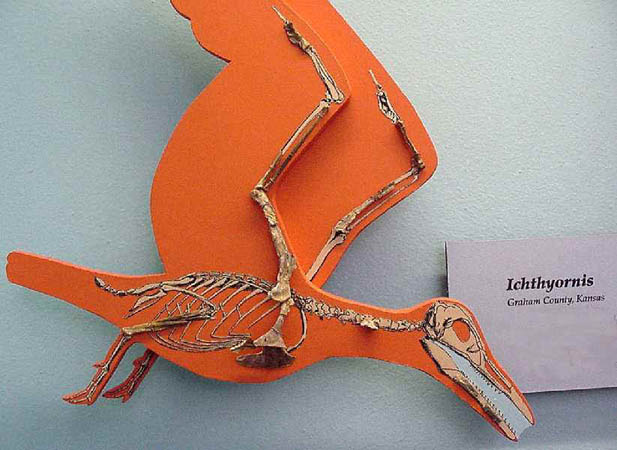Advertisement
Help Keep Boards Alive. Support us by going ad free today. See here: https://subscriptions.boards.ie/.
https://www.boards.ie/group/1878-subscribers-forum
Private Group for paid up members of Boards.ie. Join the club.
Private Group for paid up members of Boards.ie. Join the club.
Hi all, please see this major site announcement: https://www.boards.ie/discussion/2058427594/boards-ie-2026
Creature of the Week #9: Ichthyornis
-
21-01-2010 01:12AM#1
Comments
Advertisement




 https://www.youtube.com/watch?v=vSqExyL9Uco
https://www.youtube.com/watch?v=vSqExyL9Uco